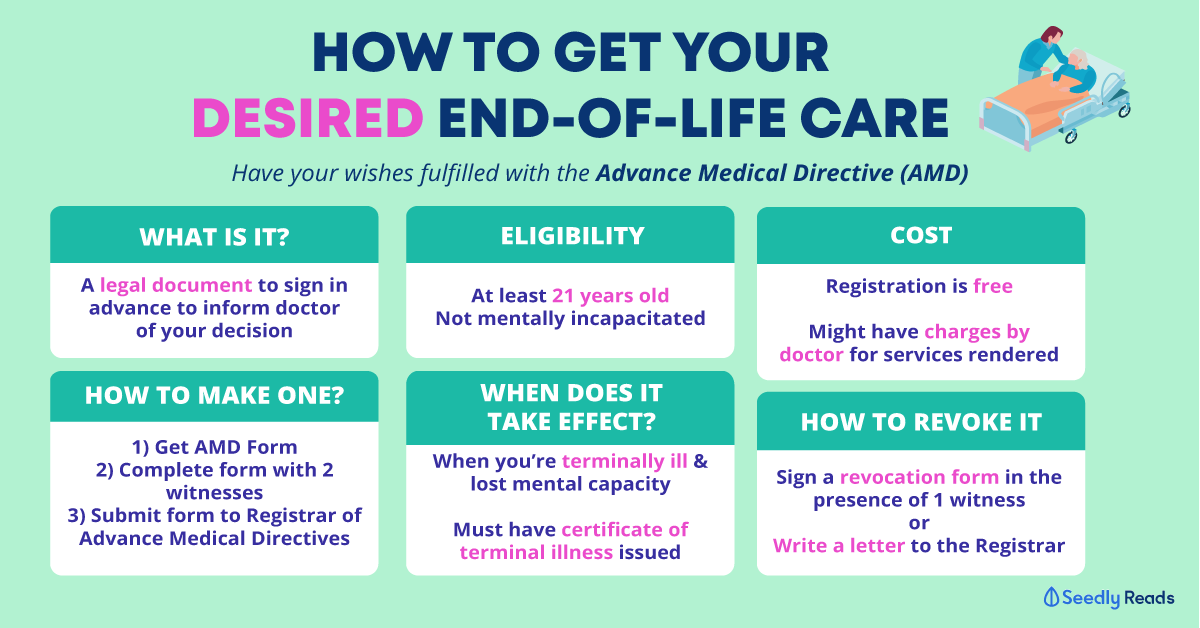Description

Copyright infringement not intended
About:
- A 5-judge Constitution Bench of the Supreme Court questioned the utility of executing an advanced medical directive when an individual is free to deny invasive treatment and accept death.
- Advance directives are legal documents that extend a person's control over health care decisions if the person becomes incapacitated.
- Justice K.M. Joseph highlighted that there were many cases when the mind had overridden the limitations of the body and persons and returned to normalcy.
- The court pointed to the case of renowned physicist Stephen Hawking, who despite diagnosis with amyotrophic lateral sclerosis, lived till 76 years.
- In many cases, the financial background of people has decided whether a person's illness was "critical" or "terminal".
- The court indicated that advanced directives place a heavy burden on doctors, as they have to ultimately say when a patient has gone beyond the point of return. This is risky viewing the recent attacks on medical professionals by aggrieved families of patients who accuse them of negligence.
- The court said advanced directives operate in a "very narrow realm" when a person was/is unable to tell the doctors to stop the treatment, "Otherwise, a person has the right to say 'I don't want treatment'.
- The court said that need to focus on three aspects of an advanced directive;
- Its contents
- The method by which such a directive should be recorded without the danger of tampering.
- Its implementation.
- The court made it clear that the court verdict would not be much effective until the Legislature came up with a law.
- The court is hearing a plea to modify a 2018 judgment which had upheld passive euthanasia and advanced directives but made the process of implementing it unclear.
.jpeg)
Advanced Medical Directives:
- An advance healthcare directive is also known as a living will, personal directive, advance directive, medical directive or advance decision.
- It is a legal document in which a person specifies what actions should be taken for their health if they are no longer able to make decisions for themselves because of illness or incapacity.
- One form of advance directive is “leaving instructions for treatment”.
- Another form is a specific type of power of attorney or health care proxy, in which the person authorizes someone (an agent) to make decisions on their behalf when they are incapacitated.
- Supreme Court of India in 2018 permitted living wills and passive euthanasia. The court held that the right to a dignified life extends up to the point of having a dignified death.

Euthanasia:
- Assisted suicide and euthanasia both are practices under which a person intentionally ends their life with active assistance from others.
- Both are controversial topics as they involve moral, ethical and religious concerns.
- Several European nations, some states in Australia and Colombia in South America allow assisted suicide and euthanasia under specific circumstances.
- Euthanasia can further be divided into Active and Passive;
- Passive euthanasia involves simply stopping a life-saving treatment or medical intervention with the consent of the patient or a family member or a close friend representing the patient.
- Active euthanasia, is legal in only a few countries, in this case, some substance/method is used of substances to end the life of the patient.
- In 2018, the Supreme Court of India legalized passive euthanasia, and highlighted that it was a matter of ‘living will’.
- According to the Court judgment, an adult in his conscious mind is permitted to refuse medical treatment or voluntarily decide not to take medical treatment to embrace death naturally, under certain conditions.
- The court laid down a set of guidelines for ‘living will’ and defined passive euthanasia and euthanasia as well.

https://www.thehindu.com/news/national/constitution-bench-questions-utility-of-an-advanced-medical-directive-in-india-when-a-person-is-anyway-free-to-refuse-invasive-treatment/article66388113.ece











